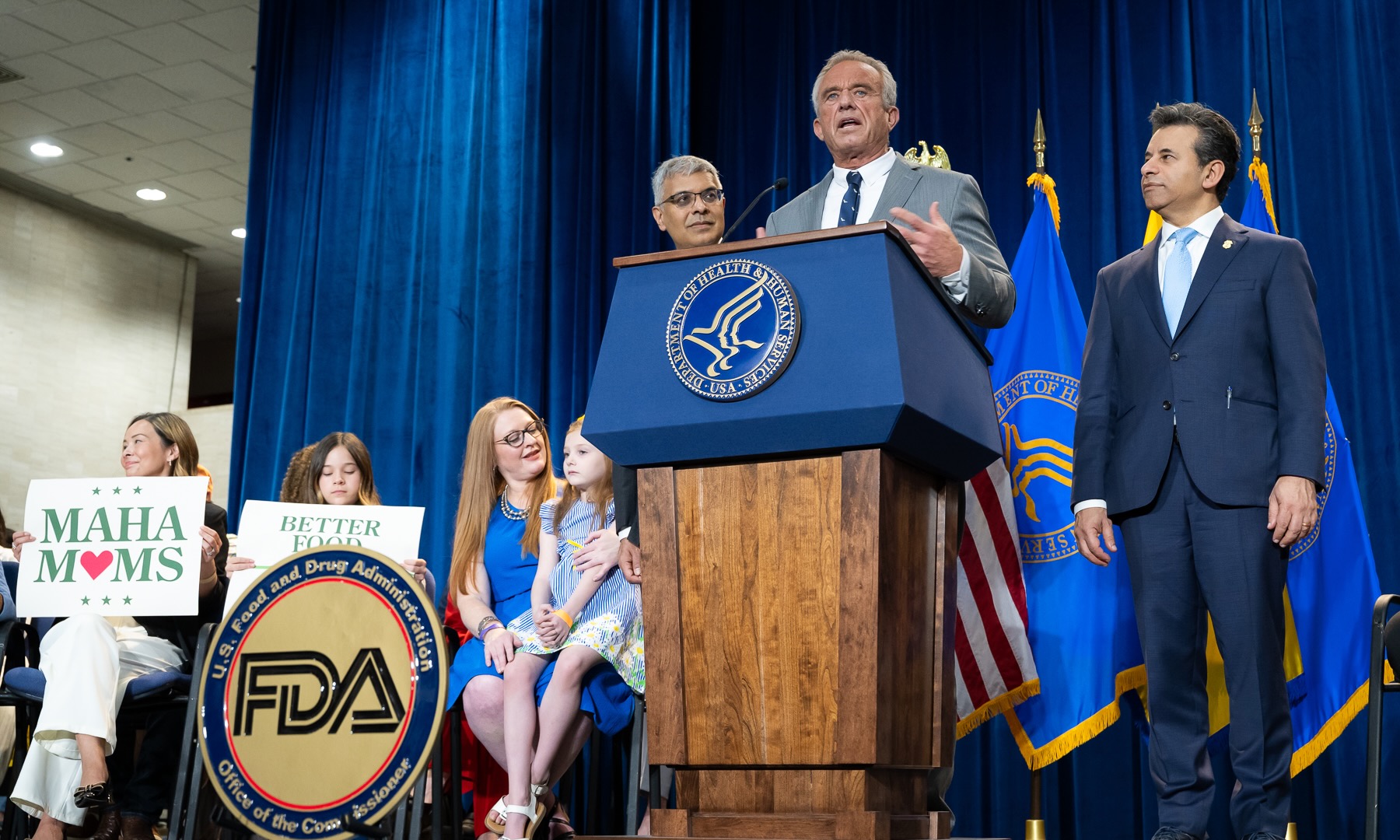Across the healthcare system, patients increasingly find themselves caught in a web of delays and denials when they most need timely intervention. Among the most concerning situations is when individuals who require major surgeries, such as spinal procedures, encounter barriers that prevent them from accessing essential care. For many, this reality is not only frustrating but life-altering, as untreated conditions often worsen over time, leading to prolonged pain and deteriorating quality of life.
When an individual learns that their advised medical procedure won’t receive approval or be funded, the emotional and physical impact can be substantial. Such rejections typically arise from insurance guidelines, pre-authorization procedures, and financial restraint efforts, all of which are now common in contemporary healthcare systems. Although these practices are frequently defended as essential to limit excessive expenses, they also bring up important concerns about patient safety and prompt access to care.
Spinal surgery, in particular, represents a significant example of this growing problem. Conditions that require such procedures are often severe and debilitating, impacting mobility, nerve function, and overall well-being. When medical experts deem surgery essential, one would expect the process to move forward without delay. Yet, in reality, patients are increasingly being told to try extended periods of conservative treatments such as physical therapy, pain medication, or injections before surgery can even be considered. While these approaches can help in some cases, they are not a solution for everyone and can prolong suffering unnecessarily.
Doctors have voiced strong concerns about this trend, warning that the denial or postponement of surgeries can lead to irreversible damage. In cases involving the spine, delayed treatment may result in nerve compression, chronic pain syndromes, and permanent disability. For healthcare professionals dedicated to improving patient outcomes, witnessing these delays can be deeply troubling, as they often see firsthand the consequences of inaction.
One of the key elements causing these rejections is the pre-approval process. Health insurers ask for detailed paperwork before they give the green light for expensive treatments, a measure designed to verify that operations are essential. Nevertheless, numerous doctors claim that these demands are overly burdensome and compromise their medical expertise. They highlight that the authority to make decisions moves from healthcare specialists to bureaucrats who might not fully grasp the patient’s medical situation.
Los efectos en cadena de estas negaciones tienen un alcance que va más allá de los pacientes individuales. Las familias, cuidadores e incluso los empleadores se ven afectados cuando alguien no puede trabajar o participar completamente en las actividades diarias debido a la falta de acceso a una atención médica oportuna. La productividad desciende, la salud mental se resiente y los costos de atención médica pueden aumentar al final, ya que las condiciones no tratadas tienden a volverse más complejas y costosas con el tiempo.
Adding to the frustration is the fact that denials are not always based on lack of necessity. In many cases, insurers cite guidelines or internal policies that prioritize cost containment over patient preference or physician recommendation. This raises ethical concerns about the balance between financial responsibility and patient-centered care. While controlling healthcare costs is important, doing so at the expense of essential treatments can erode trust in the system and create barriers that compromise health outcomes.
Patients caught in this situation often face an uphill battle to appeal decisions, gather additional evidence, and resubmit requests for approval. These administrative processes are time-consuming and emotionally draining, especially for individuals already coping with severe pain or limited mobility. Some ultimately give up, resigning themselves to living with chronic conditions that could have been treated effectively through timely intervention.
Medical associations and advocacy organizations have initiated a demand for changes in the way these choices are made. They contend that the procedures for obtaining prior approvals should be simplified, and that medical expertise should play a more significant role in deciding the care that patients receive. Transparency and accountability in insurance decision processes are also crucial to avoid needless distress. For patients, being provided with understandable justifications and consistent timelines for approvals may alleviate some of the stress linked to anticipating necessary treatments.
Technological advancements could play a role in addressing this issue as well. Automated systems for processing prior authorizations, when implemented thoughtfully, have the potential to reduce delays. Additionally, better alignment between insurance policies and evidence-based clinical guidelines could minimize unnecessary disputes. However, these changes require cooperation among healthcare providers, insurers, and regulators to ensure that reforms truly prioritize patient well-being.
The refusal of essential operations such as spinal surgeries highlights a more significant issue in balancing financial management with humane treatment. Although measures to control expenses are reasonable during times of escalating healthcare costs, they should not compromise prompt care for those requiring it. Every postponement signifies not merely an administrative obstacle but a person who is enduring pain, doubt, and anxiety about their future.
The healthcare system’s credibility depends on its ability to serve patients effectively and equitably. Denials that prevent or delay essential surgeries undermine that mission and create ripple effects that extend far beyond individual cases. Addressing this issue requires bold steps to restore trust, empower clinicians, and ensure that financial considerations never overshadow the core principle of medicine: to heal and to do no harm.
As discussions regarding changes in healthcare proceed, it is crucial to focus on patients’ experiences during the debate. Every number or policy argument represents an individual whose life might be changed by prompt action. For those enduring discomfort, the issue isn’t the necessity of reform, but rather how swiftly it will occur—and if the system can adapt rapidly enough to avoid more lives being delayed.



